Fundamentals of a Water Heater
It doesn't matter how old our water heater is, or how much we are diligently draining the tank to stop mineral sediment, it's always surprising when we turn on the shower, and instead of hot water, we get an icy stream of cold water. At some point, all water heaters have to be repaired or even replaced. Let's just hope 'at some point' is later rather than sooner. Here are the factors that you need to know about a water heater:
Age
Suppose your tank is ten years old or older, it's a high probability that its lifespan is running out. If it so happens that you just moved into the home and don't know how old the tank is, it's worth your time to find out. A lot of water heater tanks have an extensive warranty.
The Serial Number Information
The water heater label is a plethora of information, including the amount of hot water the unit is going to cost you financially, etc. There is a code hidden within the serial number; it will tell you the date that the water heater was manufactured. You might have to go to the manufacturer's website to figure out the date, but it would be a worthwhile endeavor if the tank isn't out of warranty.
Three Things
Three things age water heater tanks. Pressure is the first. There are hot water expansion tanks, a creative and simple way for hot water to grow and shrink in the tank without damage to the water heater or the pipes. These days, this is the building code in most areas because backflow prevention devices make it impossible for hot water to go back into the municipal water supply.
The heating element of hot water tanks is also compromised by mineral sediment. It can be reduced by draining the tank entirely about once a year. Some tank manuals ask for the siphoning out of one gallon, but this method must be performed monthly.
Extreme heat can also take a toll on the water heater. Ironically, heating is the tank's job, so it seems unlikely that this is the case, but it is. It becomes readily apparent when the liner cracks and water pours into the steel tank. This will rust fast, which means the hot water will come out rust-colored. Water heaters don't bleed to death, but they can become rusty, and that means they're not going to last much longer.
Warnings
There are times when water heaters will show us that they're near the end of their life. When they leak, that's a visible sign that they will no longer serve endless amounts of hot water. However, if the water begins to have a funny taste or smell, this can also mean that the tank is almost caput. There are also cases where the water isn't as hot as it used to be, or the recovery period is longer than it used to be. If the water heater starts to make banging noises, this is also a sign it's in its last days.
An assessment of the water heater should be done before replacing the tank. It doesn't matter if it's gas or electric, the friendly, licensed and bonded local plumber will be able to replace it. We hope to be the plumber you'll choose when you need a new water heater.
Water Wise Plumbing is a local, full-service residential plumbing company serving Las Vegas, Henderson, Paradise, Boulder City, Pahrump, and North Las Vegas. We provide Tankless water heater service, water softeners, water heater flush, leak detection and repair, water line rerouting, pipe installation, hydro-jetting, sewer services, and more. We are family-owned and operated, certified, and insured. We offer flat rate pricing and 24-hour emergency service.Call us today at (702) 605-6408.

